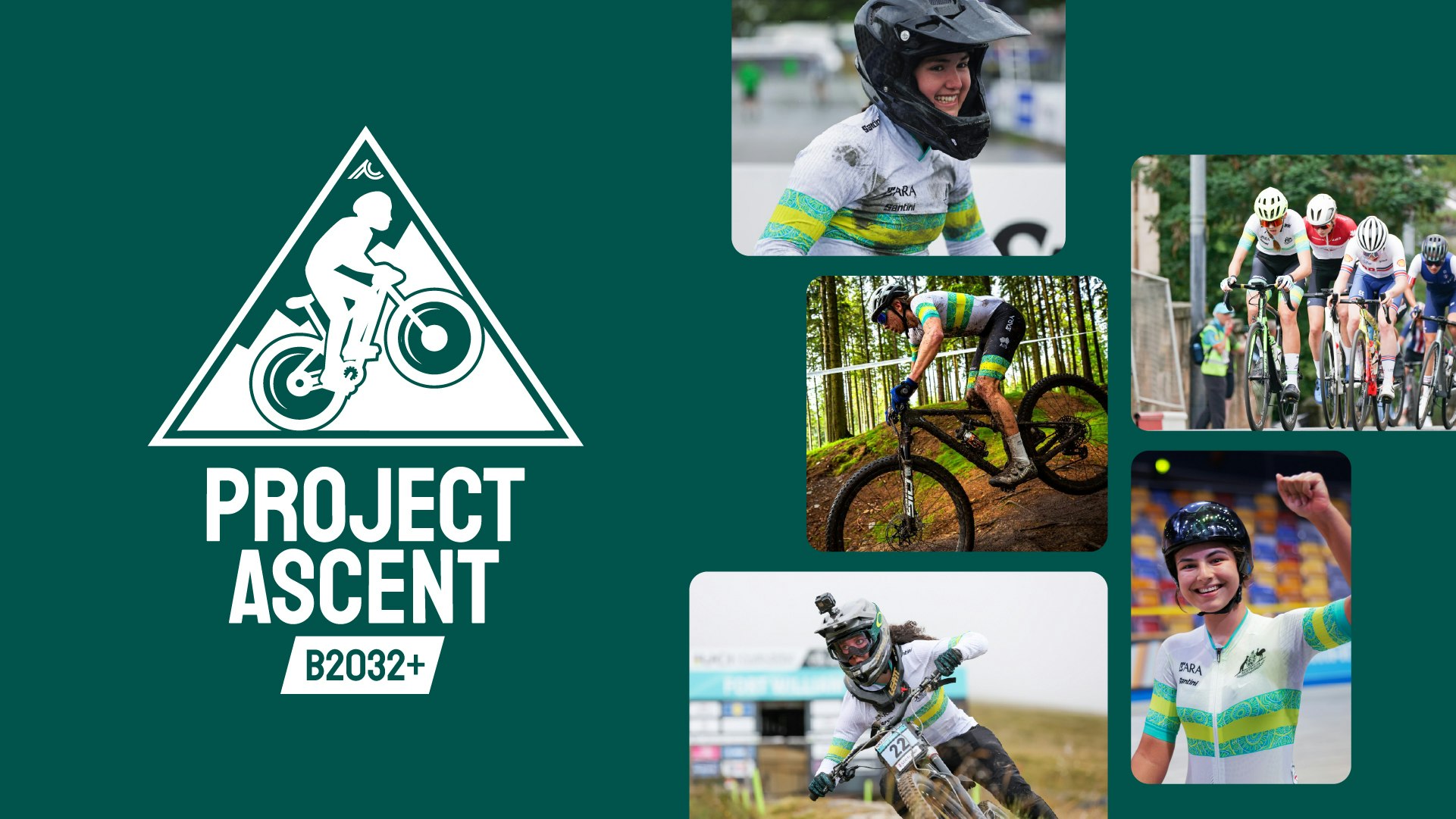With just seven years until the Brisbane 2032 Olympic and Paralympic Games, AusCycling is taking decisive steps to transform its Performance Pathway – making it more intentional, inspiring, connected, and world-leading.
Following an independent review into its junior world championship selection policy, AusCycling is introducing a clearer, more future-focused Performance Pathway that supports athletes from under-15 through to elite level.
Key pillars of this reform include:
- Selection processes that align with rising international standards;
- Stronger recognition of both current performance and long-term potential;
- Improved feedback and communication; and
- Comprehensive, structured development opportunities.
Earlier this year, AusCycling commissioned an independent review as part of its commitment to transparency and continuous improvement.
The review involved wide-ranging consultation with the cycling community, including hundreds of athletes, parents, coaches, selectors, clubs, state institutes, and performance staff. Input was gathered via surveys, submissions, interviews, and focus groups conducted over three months. The process was further informed by comparisons with performance systems in other leading cycling nations and sports.
The findings identified ten key areas for enhancement. These will guide the next phase of AusCycling’s collaboration with clubs, coaches, and system partners to elevate the next generation of Australian cycling talent.
Among the changes being implemented are:
- A clearer and more future-aligned 2032+ Performance Pathway strategy, mapping the athlete journey from club to podium;
- New Rider Development Principles, providing a unified approach to best practice in junior athlete development;
- Improved policy transparency and communication, including the publication of a Performance Pathway Playbook;
- Increased nationally led development opportunities, helping athletes meet high selection standards;
- Exploration of a ‘squad-to-team’ model, offering ongoing development beyond a single championship event;
- Enhanced education and support for parents, coaches, and athletes on the journey to elite performance; and
- Reforms inclusive of non-Olympic disciplines, featuring tailored selection and development strategies and the pursuit of innovative partnerships and funding opportunities.
These initiatives will roll out over the next eight months under Project Ascent B2032+, a targeted implementation program designed to turn the review’s recommendations into action and impact. The project will ensure the Australian cycling community is aligned and equipped to deliver a world-class pathway for emerging talent, with Brisbane 2032 in clear focus.
AusCycling CEO Marne Fechner welcomed the review and praised the strong engagement across the community: “We’re committed to working with clubs, coaches, and our system partners to create the best possible environments for young athletes across Olympic, Paralympic, and non-Olympic disciplines. With a home Games on the horizon, there’s never been a more important time to build a sustainable legacy for Australian cycling.”
Executive General Manager – Performance, Jesse Korf, added: “Following the outstanding success of the Paris Games, we’re building momentum toward Los Angeles 2028 and Brisbane 2032. These reforms are critical milestones in creating the world’s most admired and effective Performance Pathway, and ensuring our long-term success.”
Click to read the summary report.
